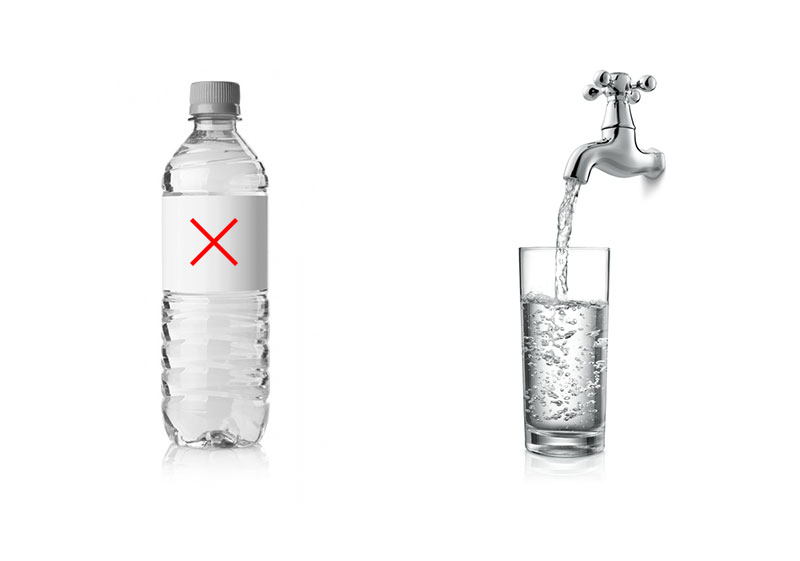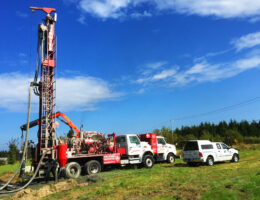Is bottled water really better than your well water?
June 30, 2016
 Sales of bottled water have not ceased to increase over the past few years. Quebeckers consume more than 250,000 half-liter bottles per day. We are very pleased to see that Quebeckers are drinking more water rather than other types of beverages, which, more often than not, are full of sugar and/or other components that can be harmful to health.
Sales of bottled water have not ceased to increase over the past few years. Quebeckers consume more than 250,000 half-liter bottles per day. We are very pleased to see that Quebeckers are drinking more water rather than other types of beverages, which, more often than not, are full of sugar and/or other components that can be harmful to health.
Nevertheless, this increase in the consumption of bottled water is without doubt due to the fact that water bottling companies spend fortunes annually on advertising, trying to convince you that their water is better, fresher and purer.
But on closer observation, one quickly realizes that it is not better and may even, in some cases, be unhealthy both for human health and for the environment.
Better or not?
As most water bottling companies take their water directly from municipal water supply systems, it is clear that it is basically no better than the water that flows directly from the faucet of your kitchen, costing a fraction of the price. There may even be more bacteria in these bottles of water due to transportation and storage, where the bottles are sometimes subjected to high temperatures.
Some plastic water bottles are manufactured with polyethylene terephthalate (P.E.T.). P.E.T. contains diphenol A, a chemical compound that should be controlled. This product can gradually dilute in bottled water and has a tendency to increase in concentration when the bottle is reused. It is proven that this product is harmful to health, notably by increasing the risk of cancer and miscarriages.
Moreover, from the environmental point of view, the consumption of bottled water has a far greater ecological footprint than your tap water. The manufacture of the bottle and its transport are two of the main environmental impacts. All the more so because in the end the bottle is rarely recycled, and even if it is recycled, the recycling process itself (transport of raw materials, energy for the transformation, etc.) causes a considerable increase of the ecological footprint.
A few figures
- You can pay up to 10,000 times more for bottled water
- 10% to 15% of the cost of each bottle is used for advertising by the water bottling companies
- One person out of five only uses bottled water to satisfy their daily needs for hydration
- Between 25% and 40% of all bottled water is simply filtered tap water
- In Quebec, barely 1 bottle out of 9 is recycled
A few solutions
It is quite easy to develop good habits in order to stop the consumption of bottled water. First, get a good reusable bottle that you can always fill from the faucet when necessary. It will cost you less than all the bottled water that you will avoid buying.
Of course, plan ahead to bring your reusable water bottle when you leave home. If you forget it, prefer local bottled water in order to reduce the energy expenditure related to the transportation of your purchase.
On a larger scale, you can request the installation of drinking fountains in public places or a ban on the sale of bottled water, as some cities are doing with plastic bags.
Simple gestures like drinking the water from your well or the public water system will have a positive impact for the future of the environment and the quality of life for your children and great-grandchildren.





